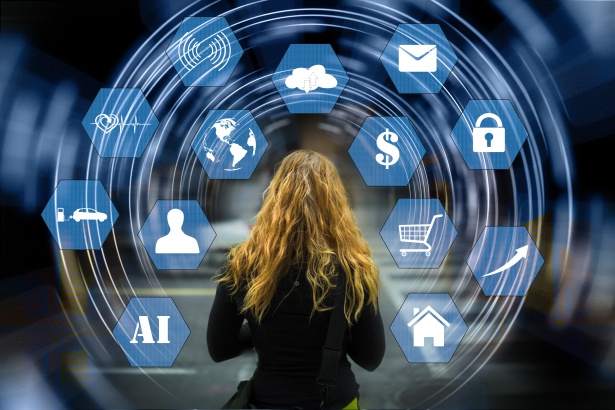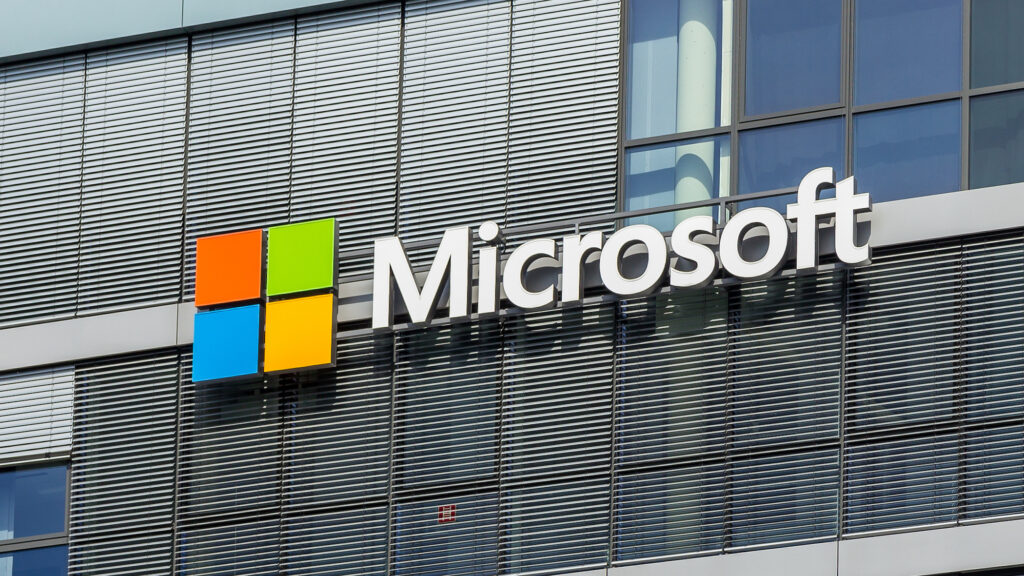In the contemporary era, Information Technology (IT) stands as a cornerstone of societal progress, revolutionizing the way we live, work, communicate, and conduct business. This multifaceted field encompasses a vast array of technologies, systems, and applications that facilitate the acquisition, storage, processing, and dissemination of information. As the driving force behind the digital age, IT has transformed the global landscape, ushering in an era of unprecedented connectivity, innovation, and efficiency.
Evolution of Information Technology:
The roots of Information Technology can be traced back to the mid-20th century with the advent of early computing devices. The emergence of mainframe computers, followed by the development of microprocessors and personal computers, marked the initial phases of IT evolution. The subsequent decades witnessed the proliferation of networking technologies, giving rise to the internet and the World Wide Web, fundamentally altering the way individuals and organizations interact with information.

Key Components of Information Technology:
Hardware:
At the core of IT infrastructure lies hardware, encompassing the physical components of computing devices. From servers and data storage devices to personal computers and mobile devices, hardware serves as the tangible foundation upon which IT systems operate.
Software:
Software represents the programs and applications that enable hardware to perform specific tasks. Operating systems, productivity software, and specialized applications contribute to the functionality and versatility of IT systems, catering to diverse user needs.
Networking:
Networking technologies form the backbone of global connectivity. Local Area Networks (LANs), Wide Area Networks (WANs), and the internet itself facilitate the seamless exchange of data, enabling instantaneous communication and collaboration on a global scale.
Data and Information Management:
The efficient handling and processing of data are central to IT. Databases, data warehouses, and data analytics tools empower organizations to derive valuable insights from vast datasets, driving informed decision-making.
Cybersecurity:
With the escalating reliance on digital systems, cybersecurity has become a critical component of IT. Measures such as encryption, firewalls, and antivirus software are integral in safeguarding sensitive information and protecting against cyber threats.
Impact on Society:
The impact of Information Technology on society is profound and far-reaching. In the realm of communication, the advent of the internet has transformed how people connect, share information, and engage in social interactions. Social media platforms have become ubiquitous, reshaping the dynamics of relationships, activism, and the dissemination of news and information.
In the business sector, IT has revolutionized traditional models of commerce and paved the way for e-commerce, digital marketing, and online collaboration. Cloud computing has emerged as a transformative paradigm, offering scalable and accessible computing resources to businesses of all sizes, fostering innovation and agility.
Education has undergone a paradigm shift with the integration of IT. Online learning platforms, digital textbooks, and interactive educational tools have democratized access to knowledge, transcending geographical barriers and providing learning opportunities to diverse populations.
Healthcare has also witnessed significant advancements through IT. Electronic Health Records (EHRs), telemedicine, and diagnostic technologies have improved patient care, streamlined healthcare delivery, and enhanced medical research capabilities.
Challenges and Considerations:
While Information Technology has propelled society into an era of unparalleled advancement, it is not without challenges. Issues such as digital inequality, cybersecurity threats, privacy concerns, and the environmental impact of electronic waste necessitate careful consideration and proactive measures.
Digital literacy and inclusivity remain critical challenges, as not all individuals and communities have equal access to technology and the skills required to navigate the digital landscape. Bridging the digital divide is imperative to ensure that the benefits of IT are accessible to all.
Cybersecurity threats, ranging from malware and phishing attacks to sophisticated cyber-espionage, pose significant risks to individuals, organizations, and even nations. Constant vigilance, robust security protocols, and international cooperation are essential to mitigate these evolving threats.
The proliferation of data and the potential misuse of personal information have raised concerns about privacy. Striking a balance between leveraging data for innovation and safeguarding individuals’ privacy rights requires ongoing dialogue, regulatory frameworks, and ethical considerations.
The rapid pace of technological evolution has given rise to concerns about electronic waste and the environmental impact of IT infrastructure. Sustainable practices, recycling initiatives, and the development of eco-friendly technologies are crucial to addressing these environmental challenges.
The Future of Information Technology:
As we stand on the cusp of the third decade of the 21st century, the trajectory of Information Technology points toward even greater innovation and integration into our daily lives. Emerging technologies such as Artificial Intelligence (AI), Internet of Things (IoT), 5G connectivity, and quantum computing are poised to redefine the possibilities of IT.
Artificial Intelligence, with its ability to analyze vast datasets, make predictions, and automate complex tasks, holds the potential to revolutionize industries ranging from healthcare and finance to manufacturing and transportation.
The Internet of Things envisions a world where interconnected devices communicate seamlessly, creating a network of smart homes, cities, and industries. This interconnectedness promises increased efficiency, resource optimization, and enhanced quality of life.
5G technology, the fifth generation of mobile networks, is set to deliver faster and more reliable connectivity, enabling real-time communication, augmented reality, and the widespread adoption of IoT devices.
Quantum computing, still in its infancy, holds the promise of exponentially increased computing power, potentially solving complex problems that were previously deemed insurmountable with classical computing.
Information Technology stands as an unparalleled force shaping the trajectory of human progress. From its humble origins as a tool for computation, IT has evolved into a pervasive and transformative influence touching every facet of modern life. As we navigate the complexities and challenges inherent in this digital age, it is imperative to approach the development and implementation of Information Technology with a mindful and ethical perspective. By addressing issues of inclusivity, privacy, security, and sustainability, we can harness the full potential of IT to create a future that is not only technologically advanced but also equitable, secure, and sustainable. In embracing the opportunities that IT affords us, we embark on a journey toward a future where innovation and human flourishing walk hand in hand.








